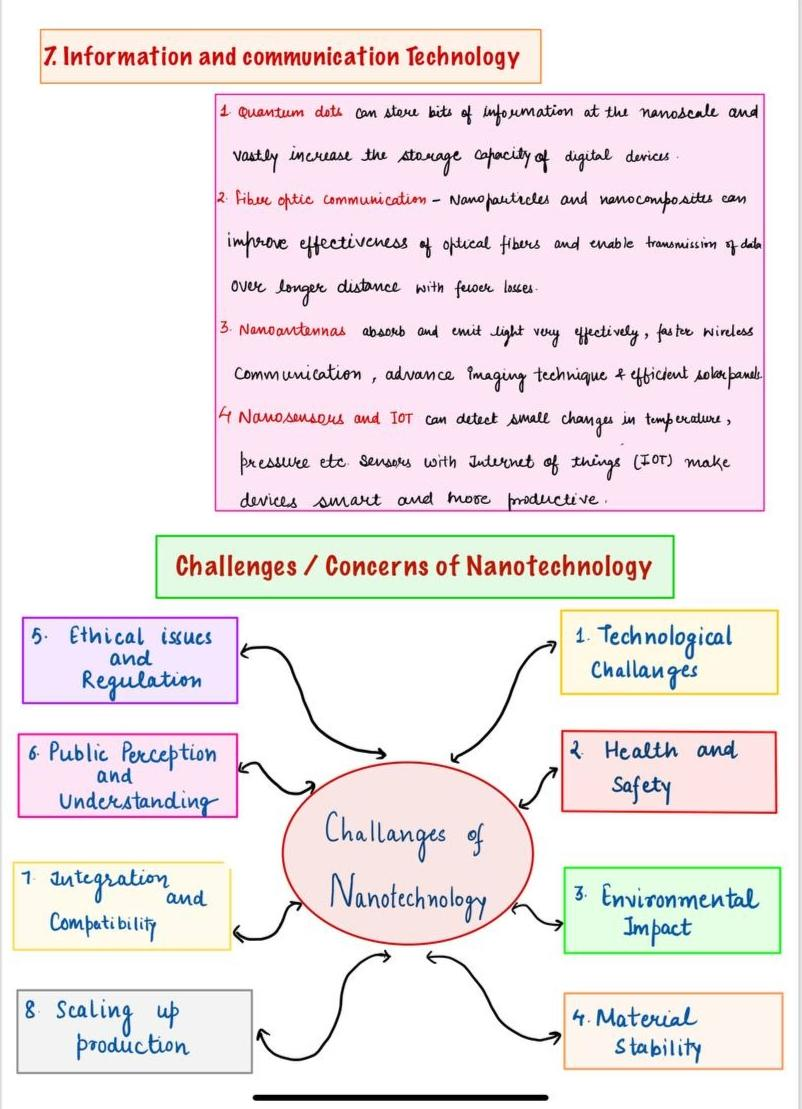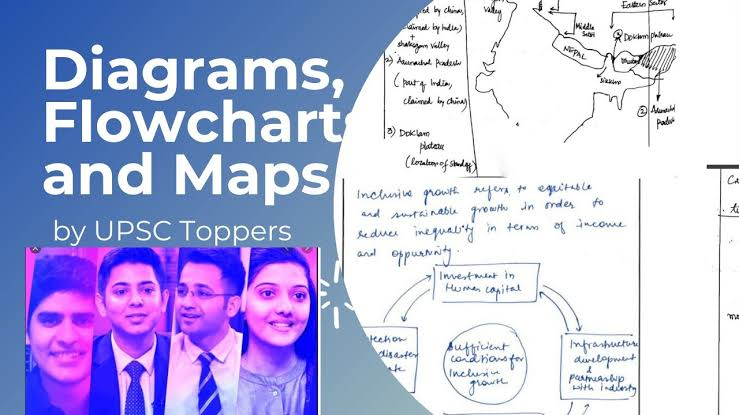




The Union Public Service Commission (UPSC) is one of the most prestigious and challenging exams in India, requiring a significant amount of dedication, hard work, and effective study strategies. Among the various skills required for success in UPSC, note-taking is a crucial one, which can help aspirants to organize, retain, and recall the vast amount of information needed for the exam. This blog post will discuss some effective note-taking strategies for UPSC, which can help aspirants to maximize their study potential and achieve their goals.
The secret of getting ahead is getting started. The secret of getting started is breaking your complex overwhelming tasks into small manageable tasks, and then starting on the first one." - Mark Twain
Active Listening and Reading:
The first step towards effective note-taking is active listening and reading. It means that aspirants should focus on the content being delivered, whether it is a lecture, a video, or a textbook, and try to understand the main ideas and concepts. Aspirants should avoid passive listening or reading, which can lead to distraction and a lack of understanding.
"The art of reading is in the listening." - Henry David Thoreau
Use of Abbreviations and Symbols:
To save time and space, aspirants can use abbreviations and symbols in their notes. For example, they can use "e.g." for "for example," "i.e." for "that is," or "&" for "and." Similarly, they can use symbols like "+" for "moreover," "-" for "minus," or "*" for "important." They should ensure that they can understand their own abbreviations and symbols, as they may not be familiar with others' codes.
Use of Headings and Subheadings:
To organize the notes, aspirants should use headings and subheadings, which can help them to categorize the information and make it easier to recall. For example, they can use headings like "Introduction," "Body," and "Conclusion" for a lecture note, or "History," "Geography," and "Economy" for a topic note.
Use of Bullet Points and Numbering:
To make the notes concise and easy to read, aspirants should use bullet points and numbering. It can help them to focus on the key points and avoid unnecessary details. For example, they can use bullet points for a list of items or numbering for a sequence of events.
Use of Colors and Highlighting:
To make the notes visually appealing and memorable, aspirants can use colors and highlighting. It can help them to emphasize the important information and make it stand out. For example, they can use different colors for different topics or highlight the key terms and definitions.
Few Examples are as follows:


Use of Diagrams and Flowcharts:
To understand and remember the complex concepts, aspirants can use diagrams and flowcharts. It can help them to visualize the relationships and connections between the different parts of the information. For example, they can use a flowchart/mindmaps to illustrate a process or a diagram to show a structure
For more information visit https://www.iasgyan.in/mind-map-current-issues

Review and Revision:
To ensure that the notes are effective, aspirants should review and revise them regularly. It can help them to reinforce their memory and recall the information when needed. For example, they can review the notes daily, weekly, or monthly, depending on their study plan and schedule.
Use of Technology:
To make the note-taking process more efficient and convenient, aspirants can use technology. For example, they can use note-taking apps, digital pens, or voice recorders to capture the information. They should ensure that they can access and review the notes easily and conveniently.
Practice and Consistency:
To master the note-taking skills, aspirants should practice and be consistent. It means that they should practice taking notes regularly, whether it is a lecture, a video, or a textbook, and stick to their note-taking strategy. Over time, they can refine and improve their note-taking skills, which can help them to study more effectively and efficiently.
"Success is not a destination, it's a journey." - Zig Ziglar
Note-taking is a crucial skill for UPSC aspirants, which can help them to organize, retain, and recall the vast amount of information needed for the exam. By using the effective note-taking strategies discussed in this blog post, aspirants can maximize their study potential and achieve their goals. They should remember that note-taking is a personalized process, and they should find the strategies that work best for them.
© 2026 iasgyan. All right reserved